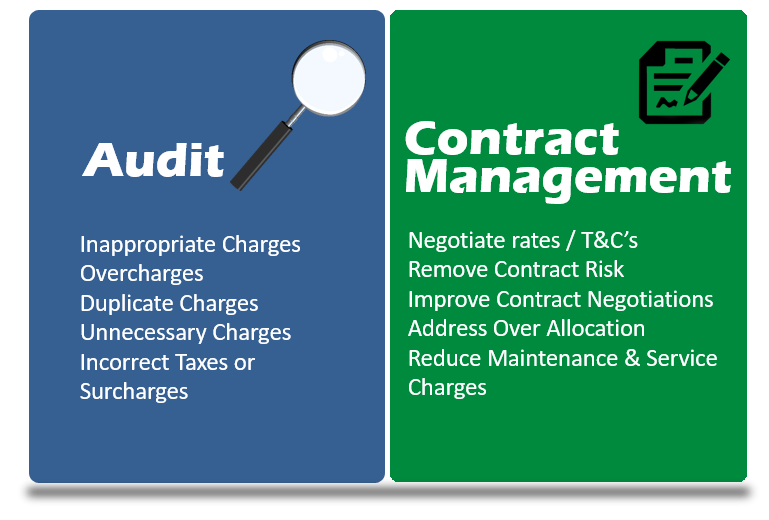Service charges are levied by landlords to recover the costs they incur in providing services to a building. The way in which the service charge is organised is set out in the tenant’s lease or tenancy agreement. The charge normally covers the cost of such matters as general maintenance and repairs, insurance of the building and, where the services are provided, central heating, lifts, porters, lighting and cleaning of common areas etc. The charges may also include the costs of management by the landlord or by a professional managing agent and for contributions to a reserve fund.

Details of what can and cannot be charged by the landlord and the proportion of the charge to be paid by the individual leaseholder will be set out in the lease. The landlord, or, sometimes, a management company that is party to the lease, provides the services, while the leaseholders pay for them. The landlord will generally make no financial contribution for the services, but sometimes has to pay for the services before they can recover their costs.
Service charges are one of the principal areas for dispute between leaseholders and their landlords. This booklet sets out the provisions the law has made in relation to various matters, including:
- the setting and recovery of service charges;
- the rights of both the leaseholder and the landlord to challenge or substantiate the charges before the Tribunal;
- the obligations placed upon the landlord to consult the leaseholders before carrying out qualifying works or entering into long-term agreements;
- the statutory controls on demands;
- accounting for the charges;
- alternative dispute resolution, such as mediation.
The power to recover service charges
It is important to understand that the landlord’s power to levy a service charge and a leaseholder’s obligation to pay it are governed by the provisions of the lease. The lease is a contract between the leaseholder and the landlord and there is no obligation to pay anything other than what is provided for in the lease.
The lease may contain specific terms obliging the landlord to carry out certain works or provide certain services and, if a service charge is to be payable, the lease must contain a power for the landlord to recover the cost of those works or services from the leaseholder. It should specify whether the charge is recoverable in advance or in arrears of the provision of works or services, and whether it is to be collected on a regular basis, perhaps annually or on a specified quarter-day, or whether it is to be levied as costs arise.
The lease may be very specific in its wording, setting out quite precisely the works or services to be chargeable. Alternatively, the clauses may be very general, simply referring to costs of the repair and maintenance of the structure of building.
It can generally be assumed that a service charge will be payable and will cover the repair and maintenance of the fabric of the building and the fittings, the lift or the boilers etc., as well as cleaning, lighting and maintenance of common areas. Other obligations depend on the scope of services provided. In some cases this is done simply by referring to the landlord’s costs in meeting his obligations, as set out in one of the schedules to the lease.
For more information, contact us on 020 8343 3523
Multiple Choice Accountancy. © Terms. All rights reserved
Multiple Choice Accountancy is a fast growing accountancy practice.
Your Business Success is Our Mission!
Registered address Colton House, Princes Avenue, Finchley, London. N3 2DB